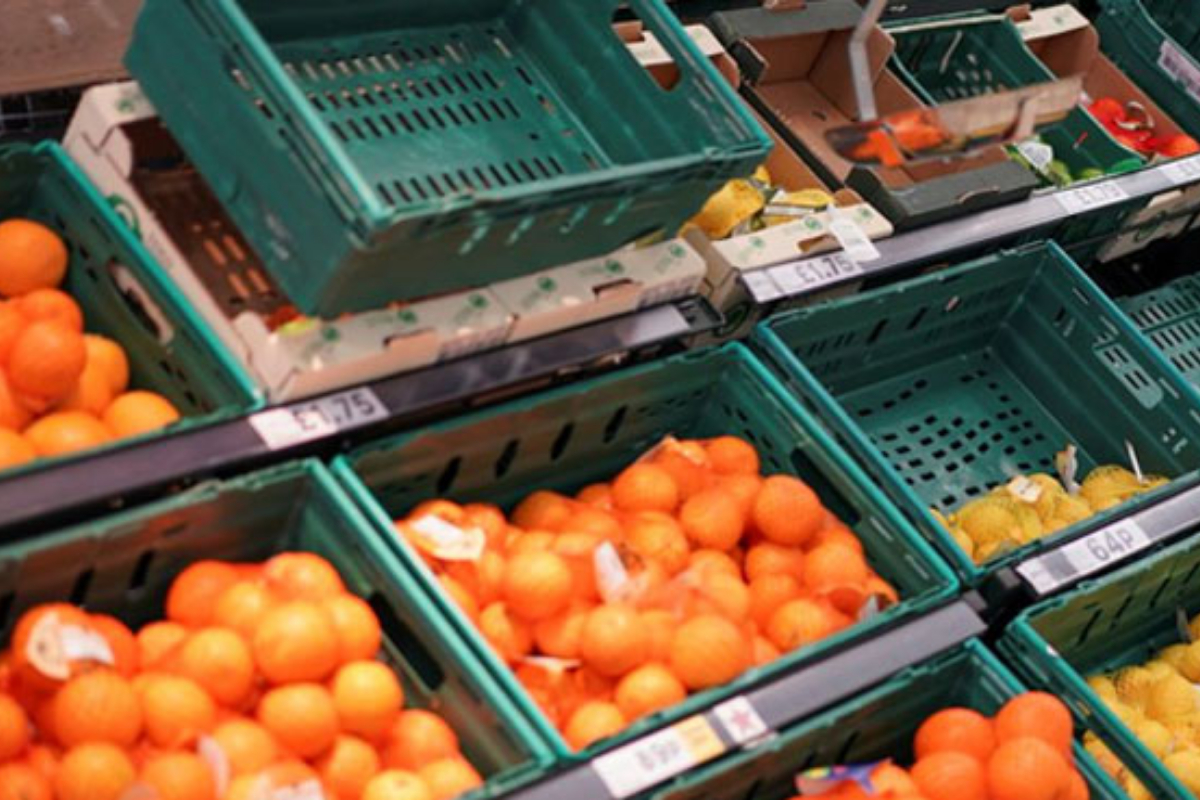- The majority of apparel and home goods sold in UK retail are purchased in dollars from Asia.
- Pound reached an all-time low of $1.0327 against the dollar.
- Many retailers will likely have contract clauses that let them to hedge their currencies.
Following the pound’s decline versus the dollar, British consumers are likely to see significant price increases for apparel and household goods, according to experts McKinsey.
The majority of the apparel and home goods sold in UK retail are purchased in dollars from Asia. On Monday, the pound reached an all-time low of $1.0327, dramatically increasing the price of imports.
When asked about the effect on consumer prices, Anita Balchandani, leader of McKinsey’s consumer industries and apparel, fashion, and luxury work in EMEA, responded, “With cost of goods being such a high proportion of the cost base of a company then the extent to which if you have that denominated in the dollar then it’s a pretty material effect.”
According to her, how businesses have hedged their currency exposure will determine the impact on them and, ultimately, on consumers.
[embedpost slug=”due-to-the-weakening-of-the-pound-drivers-are-spending-about-5-extra-per-tank/”]
According to Tera Allas, an economist at McKinsey, many retailers won’t be purchasing dollars at spot pricing.
“They will have some contract terms that allow them to smooth out those costs as well as potentially have hedged their currencies,” she said.
Both UK merchants Marks & Spencer (M&S) and The John Lewis Partnership use hedging to guard against currency fluctuations.
“The sharp drop in the pound is stark, however we have a comprehensive hedging programme in place to deal with such foreign exchange exposures and this has mitigated any immediate impact on the partnership,” said a John Lewis spokesperson said.
According to M&S, around 75% of its clothes is bought using dollars. It normally hedges for roughly 15 months, which means that it is protected for its fiscal years 2022–23 and a sizable portion of 2023–24.
The company that owns Primark issued a warning earlier this month that the strengthening of the currency will hurt its 2022–2023 fiscal year profits. However, it has promised to restrain future price rises in 2019.
[embedpost slug=”the-pound-has-fallen-to-a-record-low-against-the-dollar/”]

















